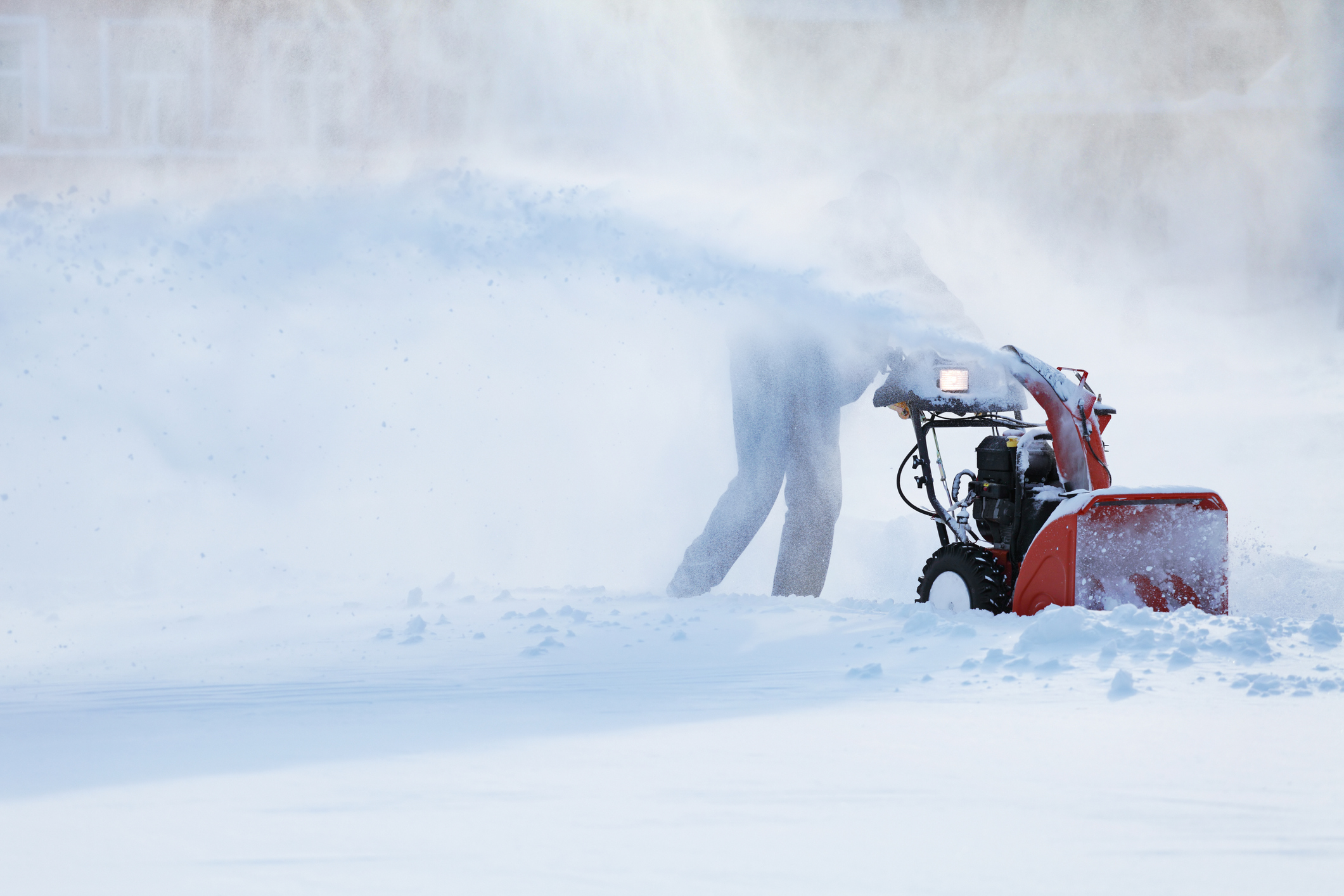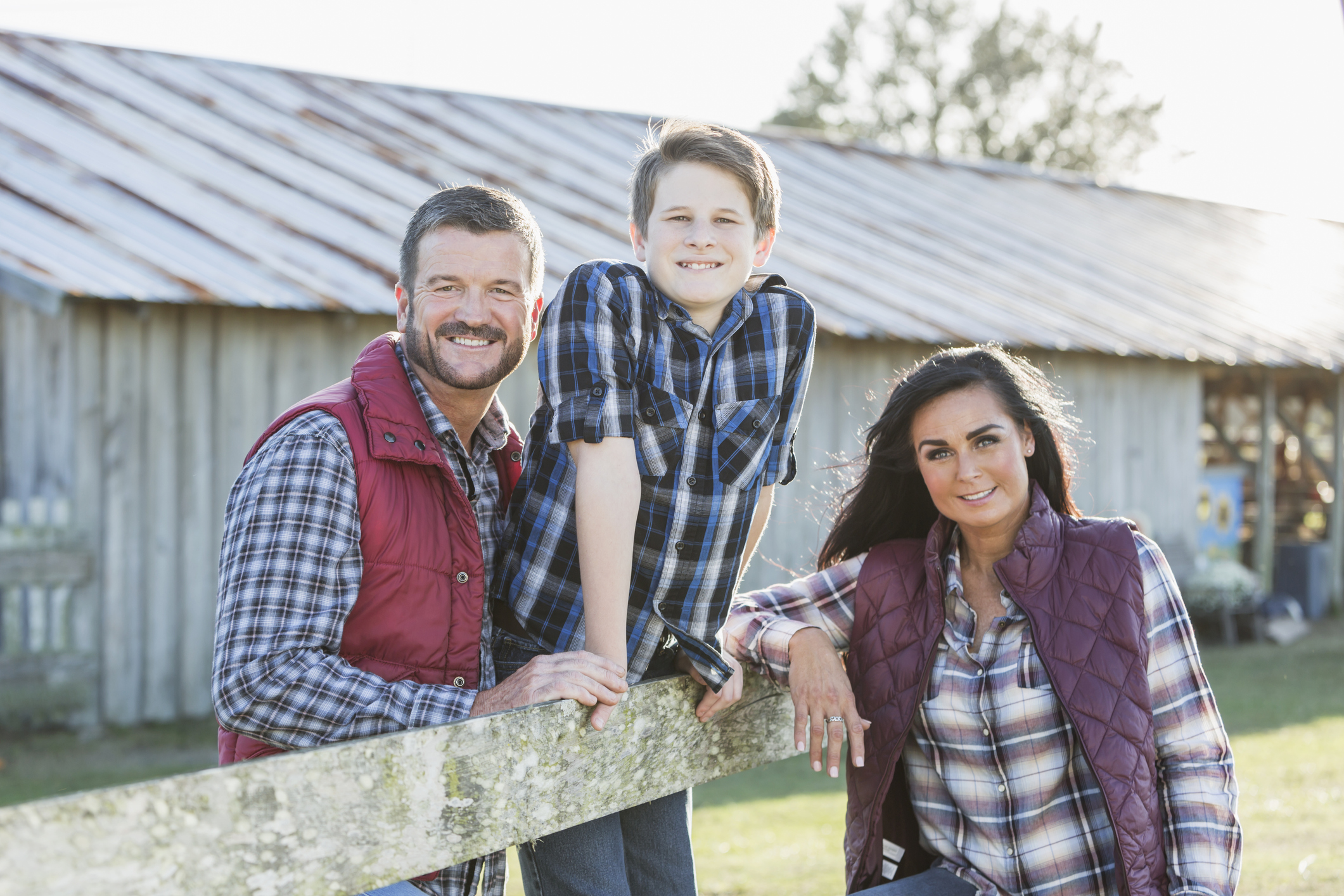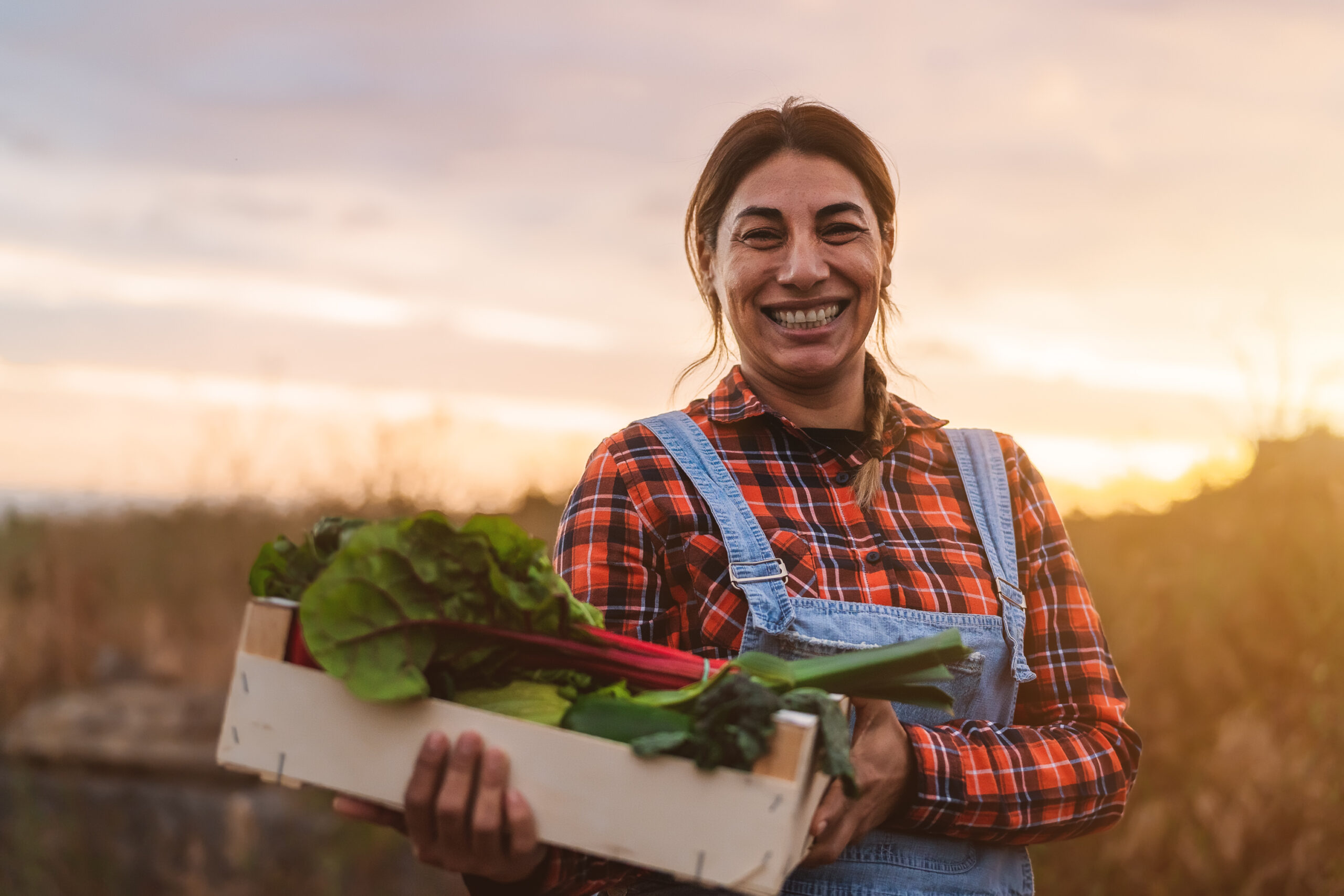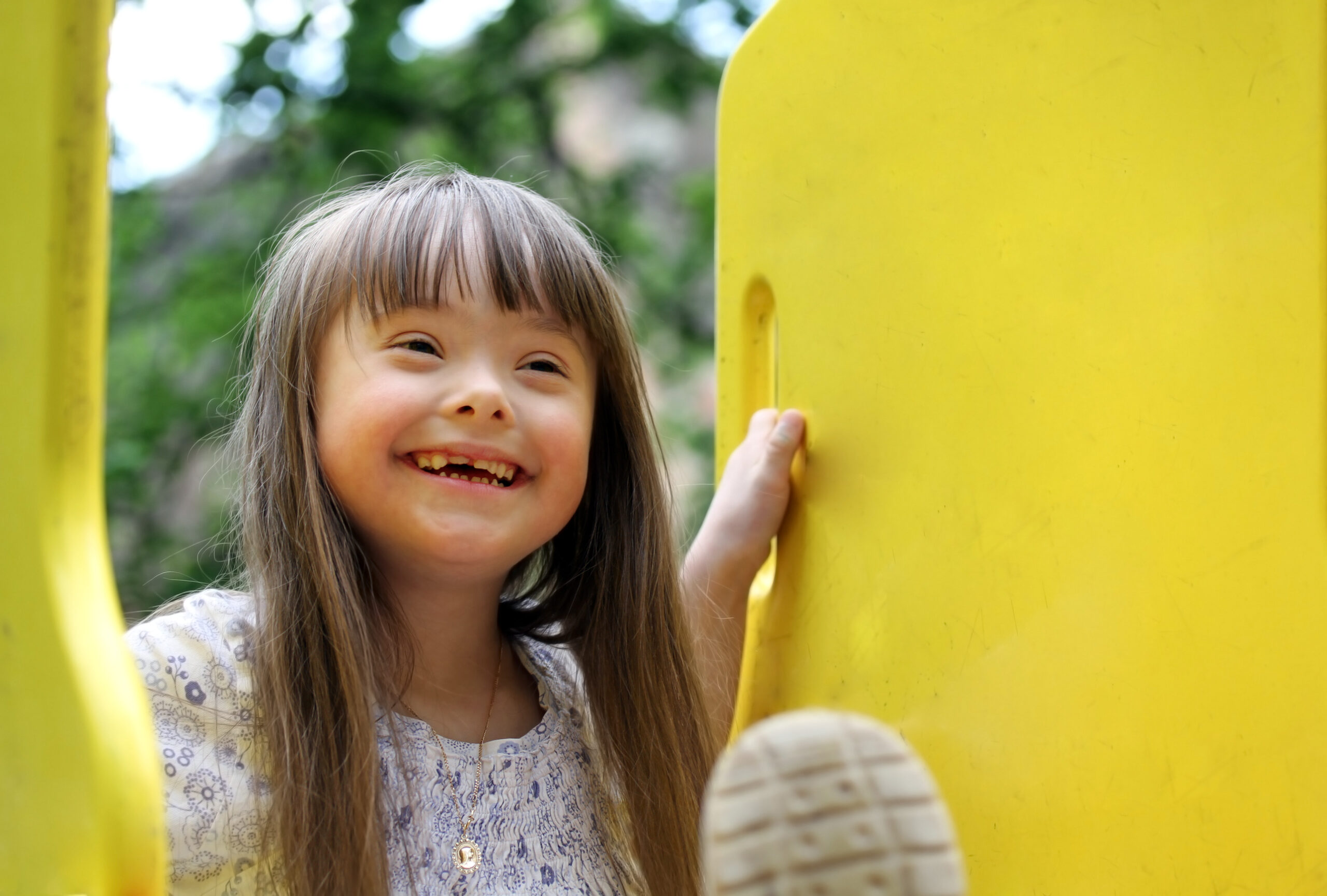IPRC Injury Blog
-
Teen risky online behaviors: Q & A with Dr. Rachel Young
Dr. Rachel Young and her co-author, Dr. Melissa Tully, found that adolescents who said their parents had a more autonomy-supportive style (versus a controlling style) felt more comfortable discussing online experiences with their parents and reported fewer risky online experiences. She discusses what current research says about monitoring adolescents’ digital media use and taking away…
-
Frostbite injuries: Q & A with Dr. Wibbenmeyer
Dr. Lucy Wibbenmeyer talks about the dangers of frostbite and the importance and challenges of frostbite injury prevention research.
-
2022: Our Year of IVP in Review
As a new year begins, we are especially thankful to our dedicated colleagues and partners throughout Iowa and around the world who are making our communities safer and saving lives – by conducting research, doing outreach work, or training the next generation of injury and violence prevention professionals. Here, we look back at some of…
-
National Injury Prevention Day: Safer gun storage to prevent child injuries and death
On November 18th safety advocates at University of Iowa Stead Family Children’s Hospital in Iowa City will be promoting injury prevention, including safer storage of guns, by handing out educational materials and encouraging safety items for sale (like gun locks) at the hospital’s Safety Store . In 2020, firearm-related injuries became the leading cause of…
-
Pilot funds support IVP researchers over decades
Three new videos from the UI Injury Prevention Research Center highlight how the center’s pilot grant program has helped University of Iowa faculty and students grow injury & violence prevention (IVP) research. Examples include artificial intelligence (AI) to study older adult falls, bicycle and pedestrian behaviors in a virtual environment, and disaster preparedness in an…
-
Preventing suicide: Q & A with Dr. Vakkalanka on mobile crisis outreach
Priyanka Vakkalanka is an assistant research scientist in the UI Department of Emergency Medicine who researches suicide and substance use disorders. Here, she talks about how Mobile Crisis Outreach (MCO) programs help those in a mental health crisis, how MCOs can benefit rural communities, and how innovative hospital-based units help provide immediate care.
-
Staying safe on the farm
Farming is vital to our society by providing food and raw materials, but comes with unique hazards that put farmers, their families, and farm workers at risk for injuries and death – both which are preventable.
-
Traumatic injuries: Q & A with Dr. Mohr
Dr. Nick Mohr talks about how Emergency Department (ED) readiness affects children with traumatic injuries and how telemedicine networks between rural hospitals and telehealth providers are helping severely injured rural patients.
-
Firework injuries increasing in Iowa
In 2017, Iowa passed a law [SB489] allowing the sale of fireworks in the state during specific time periods. Since then, University of Iowa researchers have examined trends in emergency department visits to Iowa’s two largest trauma centers before and after implementation of the law (2014 – 2019).
-
S.A.F.E.™ playgrounds: Q & A with Dr. Heather Olsen
Dr. Heather Olsen from the National Program for Playground Safety talks about common playground injuries, the effect of global warming on surfaces, and how to keep kids safe on playgrounds.
Recent Posts
- Teen driving & parental monitoring; Passenger presence & driver age
- Pediatric agricultural injuries: An interview with Jenna Gibbs
- Understanding crises that precede suicide
- Preventing first-time occurrence of sexual violence in Iowa
- Meet the data abstractors behind Iowa’s violent death reporting system









